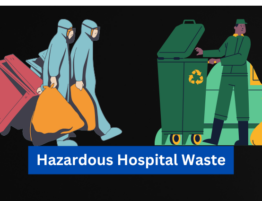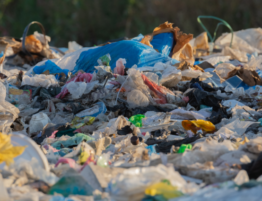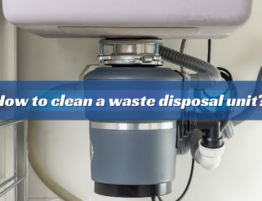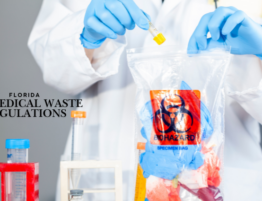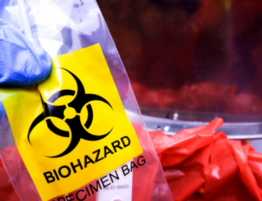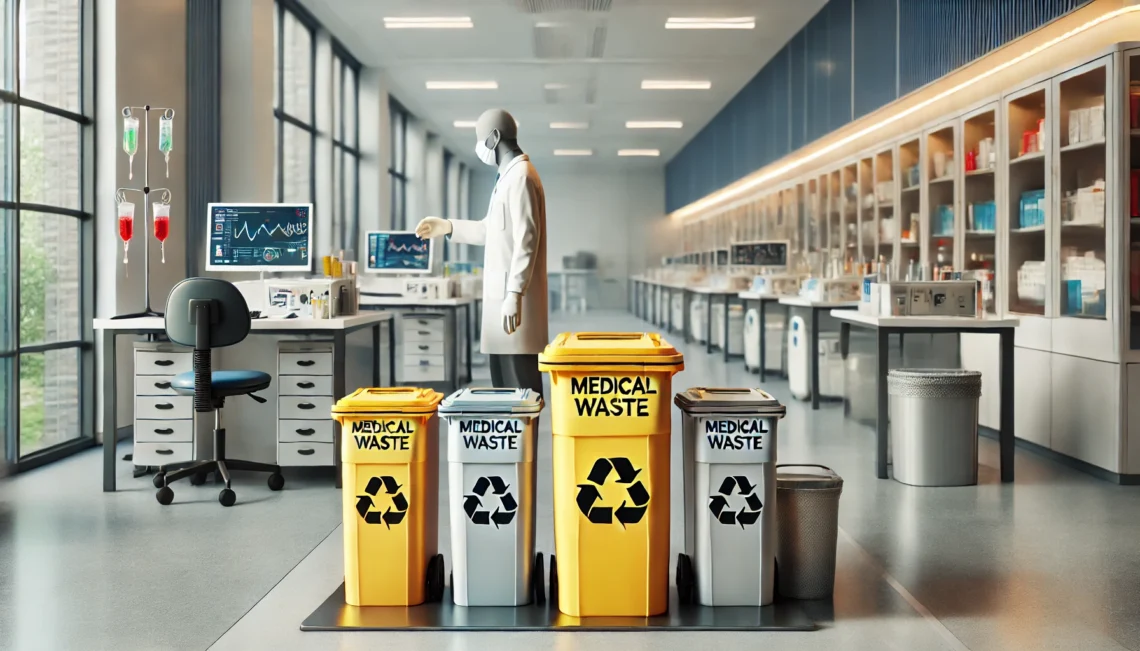
Do Colleges Have to Provide Medical Waste Disposal?
Colleges and universities are institutions that handle a wide array of operations, from academics to student welfare. While most people associate these institutions with education and personal development, there are critical regulatory responsibilities that these institutions must adhere to as well. One such responsibility that is often overlooked is medical waste disposal. But do colleges have to provide medical waste disposal? The answer is rooted in legal, ethical, and public health obligations.
Understanding Medical Waste in Colleges
Medical waste, sometimes referred to as clinical waste, includes any material that comes into contact with bodily fluids or is used in medical treatments. This could range from syringes, bandages, and gloves to biological materials. While colleges may not be hospitals, many of them have medical clinics, nursing programs, or research laboratories that handle these materials regularly. Therefore, institutions must have proper mechanisms for managing and disposing of these wastes to prevent contamination and uphold health standards.
Legal Responsibilities for Medical Waste Disposal
Educational institutions, particularly those with on-campus medical facilities or laboratories, are bound by stringent regulations regarding the handling and disposal of medical waste. In many countries, regulatory bodies such as the Environmental Protection Agency (EPA) in the U.S. or the Health and Safety Executive (HSE) in the U.K. provide guidelines on how this waste should be managed. Failure to comply can result in hefty fines, legal consequences, and severe reputational damage.
The question of whether colleges have to provide medical waste disposal isn’t just a matter of convenience but a legal requirement. Universities and colleges with medical facilities or research laboratories must follow the same disposal guidelines that apply to hospitals or other healthcare institutions. This includes having designated areas and bins for medical waste and ensuring that the waste is collected by certified disposal services.
What Goes in a Clinical Waste Bin?
One of the most frequently asked questions is what can you put in a clinical waste bin? Clinical waste bins are specifically designed for hazardous materials that could pose a risk to human health or the environment. Items that go into a clinical waste bin typically include:
- Used syringes and needles
- Contaminated bandages or gauze
- Blood-soaked materials
- Discarded surgical instruments
- Gloves and masks used during medical procedures
It’s critical that only these items make their way into clinical waste bins. Any deviation from this could lead to contamination or improper handling. For instance, items like regular office waste, paper, or food scraps should never be placed in a clinical waste bin. Proper training for staff and students is essential to avoid these mistakes.
Where to Dispose of Medical Waste
Knowing where to dispose of medical waste is paramount for educational institutions, particularly those with healthcare facilities. Medical waste must be separated from regular waste and transported to a certified disposal facility. Most colleges will employ third-party medical waste disposal services that are trained and certified to handle such sensitive material.
For smaller institutions or colleges without extensive medical facilities, medical waste may be generated in smaller amounts, such as in student health clinics. In these cases, smaller-scale disposal programs may suffice, but compliance with local regulations is still crucial. Medical waste cannot simply be discarded with normal garbage; it must be handled by professionals who can ensure that the waste is incinerated or otherwise rendered safe.
What Colour Bin Does Medical Waste Go In?
Different types of waste are often categorized by the colour of the bin, helping to ensure that waste is sorted correctly and safely. What colour bin does medical waste go in? The answer varies depending on the type of waste and the regulatory guidelines of the country.
To learn more about What are the four types of Waste? and their proper disposal methods, you can refer to this comprehensive guide.
Generally, yellow is the standard colour used for clinical waste bins. Yellow bins are specifically designed for infectious or hazardous medical waste, which will often be incinerated after collection.
Some institutions may also use purple bins for cytotoxic and cytostatic waste, which includes items like chemotherapy drugs or other toxic agents used in medical treatments. Sharps, such as needles or scalpels, often go into yellow bins with a rigid container to prevent injury. It’s essential for staff and students alike to recognize the importance of correctly sorting medical waste based on its category to ensure safe disposal.
The Dangers of Improper Medical Waste Disposal
The risks associated with improper medical waste disposal are substantial. Mismanagement of medical waste can result in contamination of water supplies, soil pollution, and direct harm to people who come into accidental contact with it. One question that often arises is: can you put clinical waste in a normal bin? Absolutely not. Placing clinical waste in regular bins is not only illegal in many regions but also poses severe health risks. Normal waste bins are not designed to contain potentially infectious or hazardous materials. By placing clinical waste in the wrong bin, you are creating a dangerous environment for waste handlers, cleaning staff, and anyone who might unknowingly come into contact with it.
The Role of Training in Medical Waste Disposal
To mitigate risks and ensure compliance, colleges must invest in proper training for those who handle medical waste. This includes janitorial staff, healthcare workers, and sometimes even students in research facilities. Awareness programs can help reduce the risk of contamination and ensure that all staff are aware of the proper protocols. For instance, understanding what can you put in a clinical waste bin is key to preventing accidents.
Medical waste is a serious matter, and without adequate knowledge, people might inadvertently mix hazardous and non-hazardous waste, leading to larger disposal problems down the line. Institutions should also ensure that staff are aware of where to dispose of medical waste, providing clear signage and information in relevant areas.
Final Thoughts
To sum up, the answer to the question do colleges have to provide medical waste disposal is a resounding yes. For institutions that operate healthcare services or laboratories, medical waste disposal is a legal obligation. Knowing what can you put in a clinical waste bin and ensuring staff and students are trained in proper disposal practices is essential for safety. Colleges must also pay attention to what colour bin does medical waste go in, using standardized systems to differentiate between types of waste. Under no circumstances should you ever consider placing clinical waste in a regular bin, as the risks involved are too high. Institutions must prioritize proper disposal to protect public health and the environment, ensuring that their campuses remain safe and compliant with regulatory standards.

